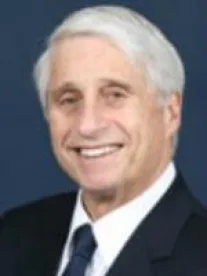After a period of relative inactivity, the FTC last month has again brought an enforcement action under its 1997 Policy Statement on “Made in USA” claims. The Policy Statement prohibits advertising a product as “Made in USA” (or equivalent statements) unless “all or virtually all” labor and materials are domestic. In the 15-month period just after issuance of the Policy Statement, the FTC conducted almost 40 investigations resulting in the issuance of seven consent orders. In the past 10 years, however, the FTC has brought only three cases, the last one more than four years ago.
The action last month was against E.K. Ekcessories, Inc., a distributor of cell phone accessories and other products. All the products were advertised as “Made in USA.” Some however, were allegedly imported. Others, while assembled in the United States, allegedly contained substantial amounts of imported content. It is the first FTC enforcement action under its Policy Statement since an initial flurry of such actions in the late 1990s.
Under the FTC Policy Statement, no more than a “negligible” amount of foreign content or processing is allowed for a product advertised as “Made in USA.” However, the Policy Statement does allow a seller to use a limited or “qualified” form of claim to signal when part of the labor and material in a product is domestic and part is not. An example might be to advertise that a fashion product is sewn in the United States using imported fabric. Information about what kinds of claims are allowed or not allowed can be found atwww.business.ftc.gov/documents/bus03-complying-made-usa-standard.
Unfortunately, the guidance from the FTC on what forms of “qualified claims” are allowed is not always easy to interpret. Accordingly, legal guidance should be sought with respect to any intended “qualified claims” that might be acceptable to the FTC.
Given the FTC’s renewed interest in “Made in USA” claims, manufacturers and distributors should take particular care to comply with the 1997 Policy Statement requirements. This is true not only to help avoid an FTC investigation, but also to help reduce the risk of consumer class action claims, which often follow in the wake of FTC enforcement activity.


 />i
/>i

